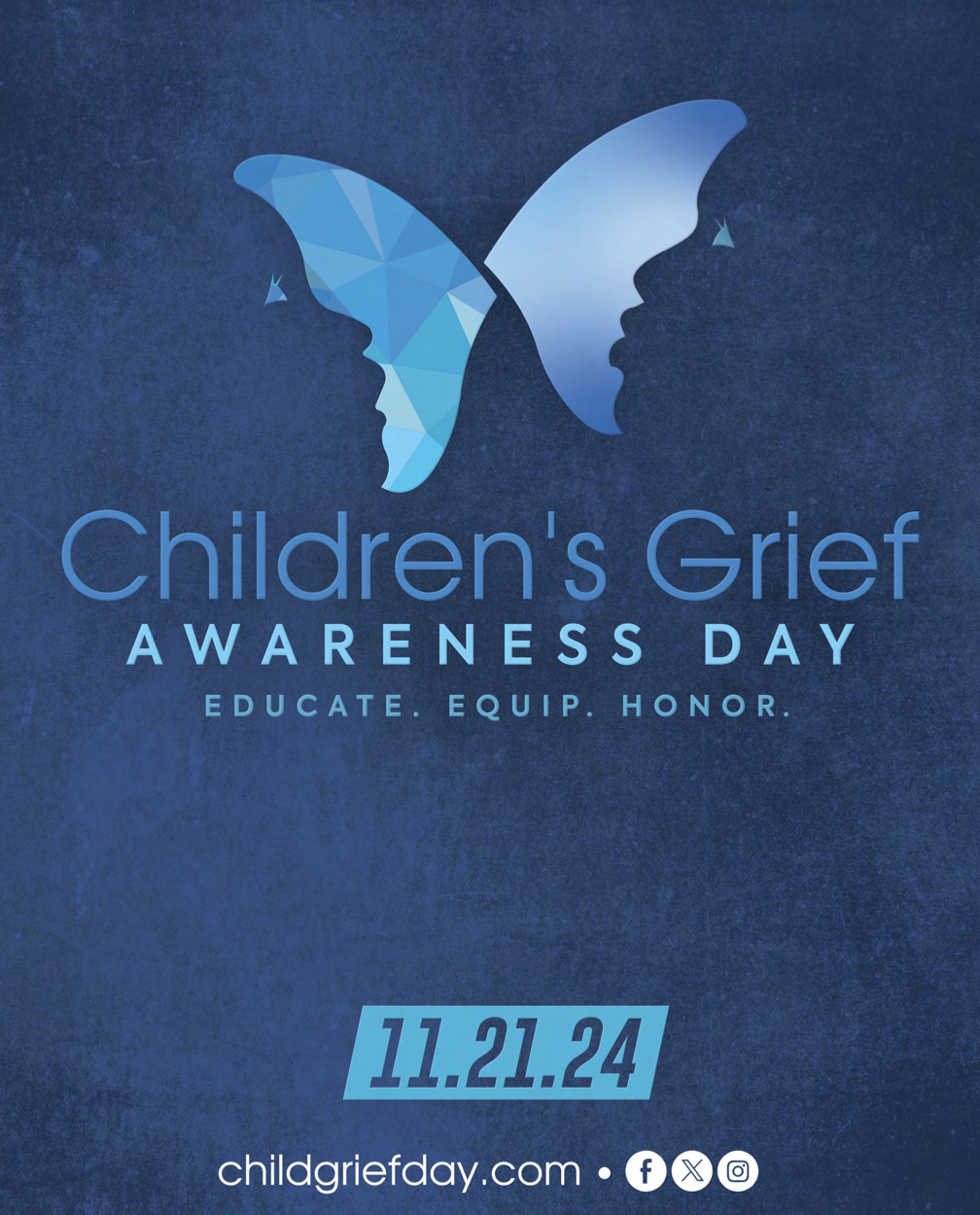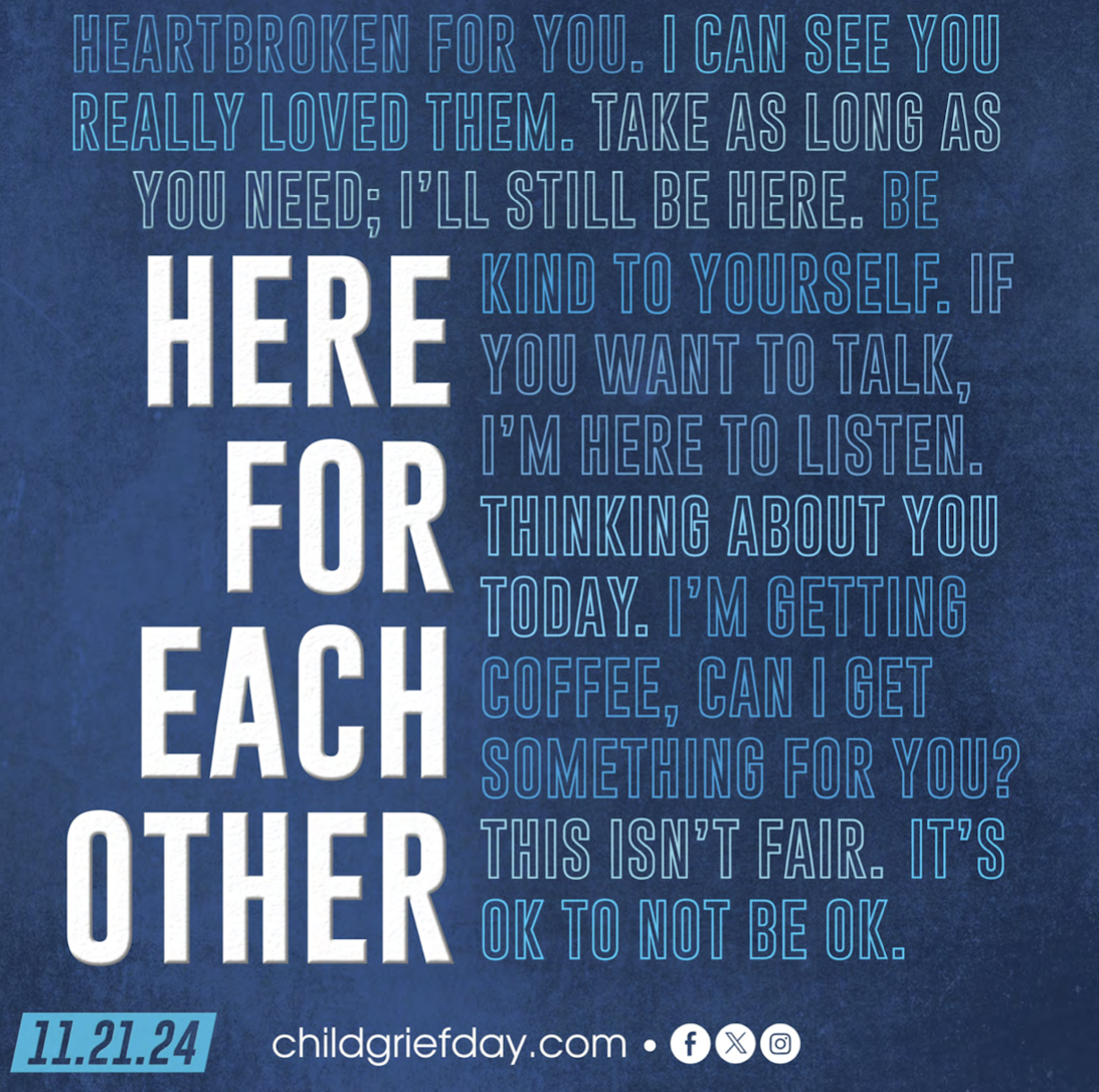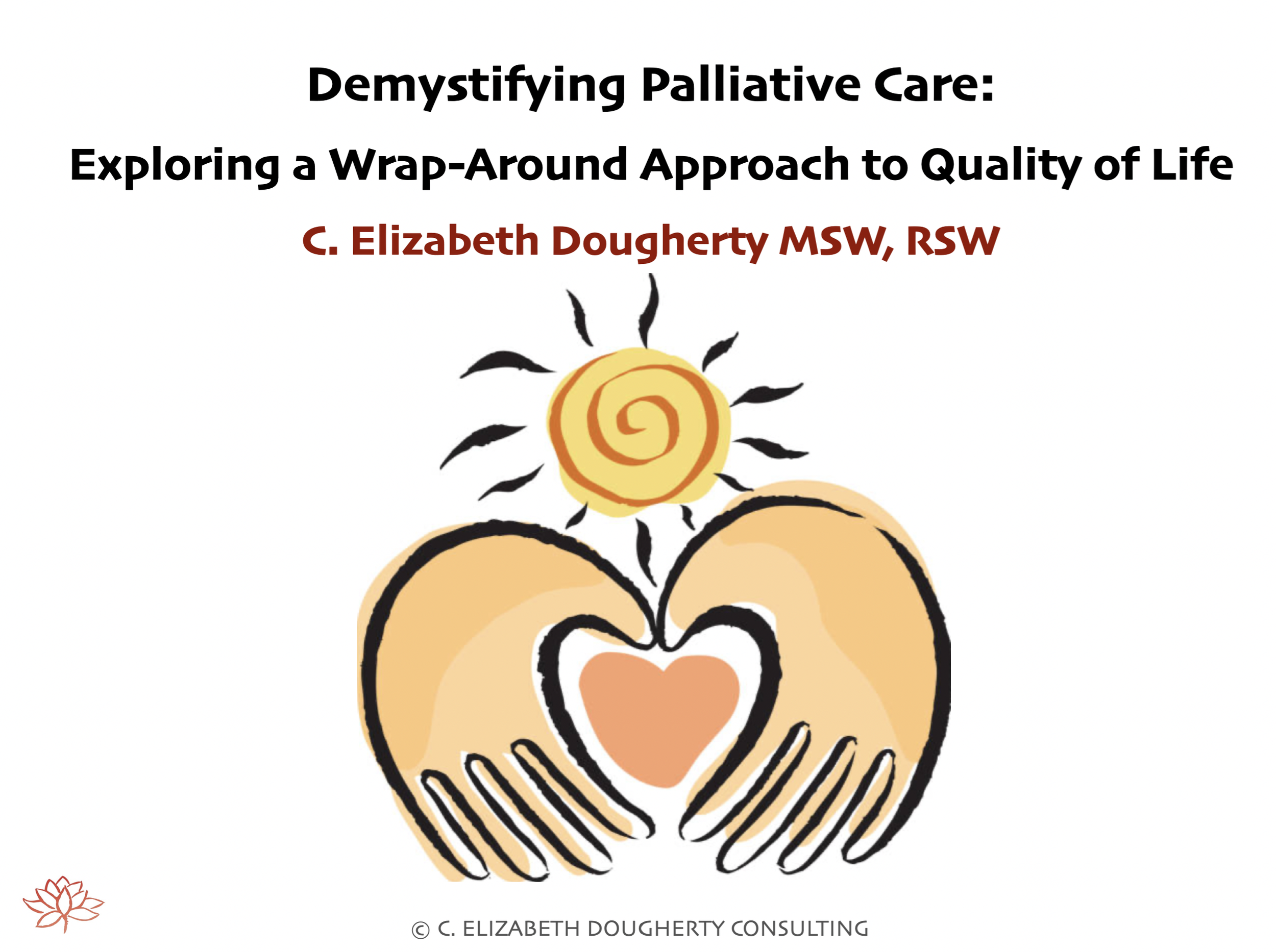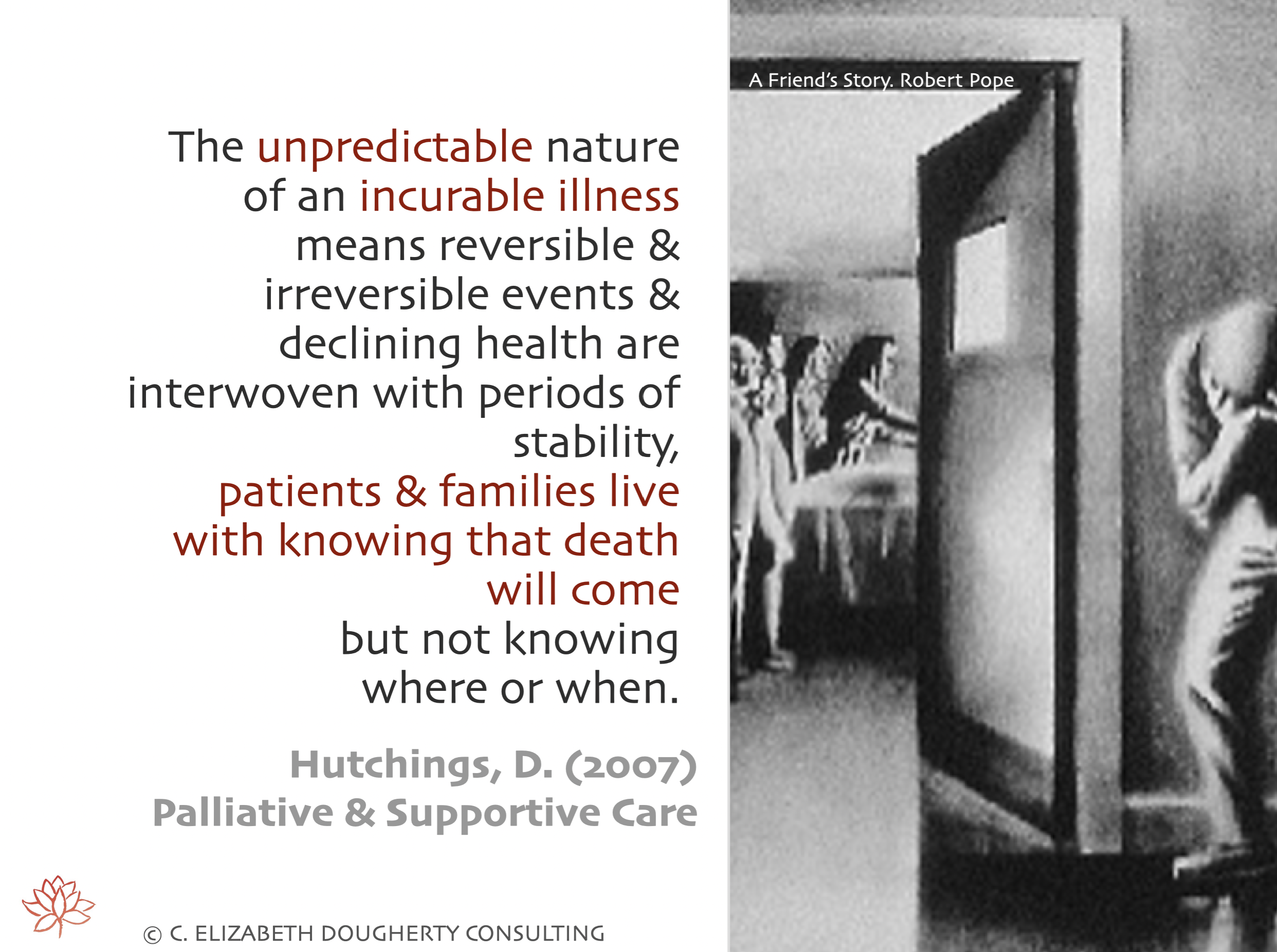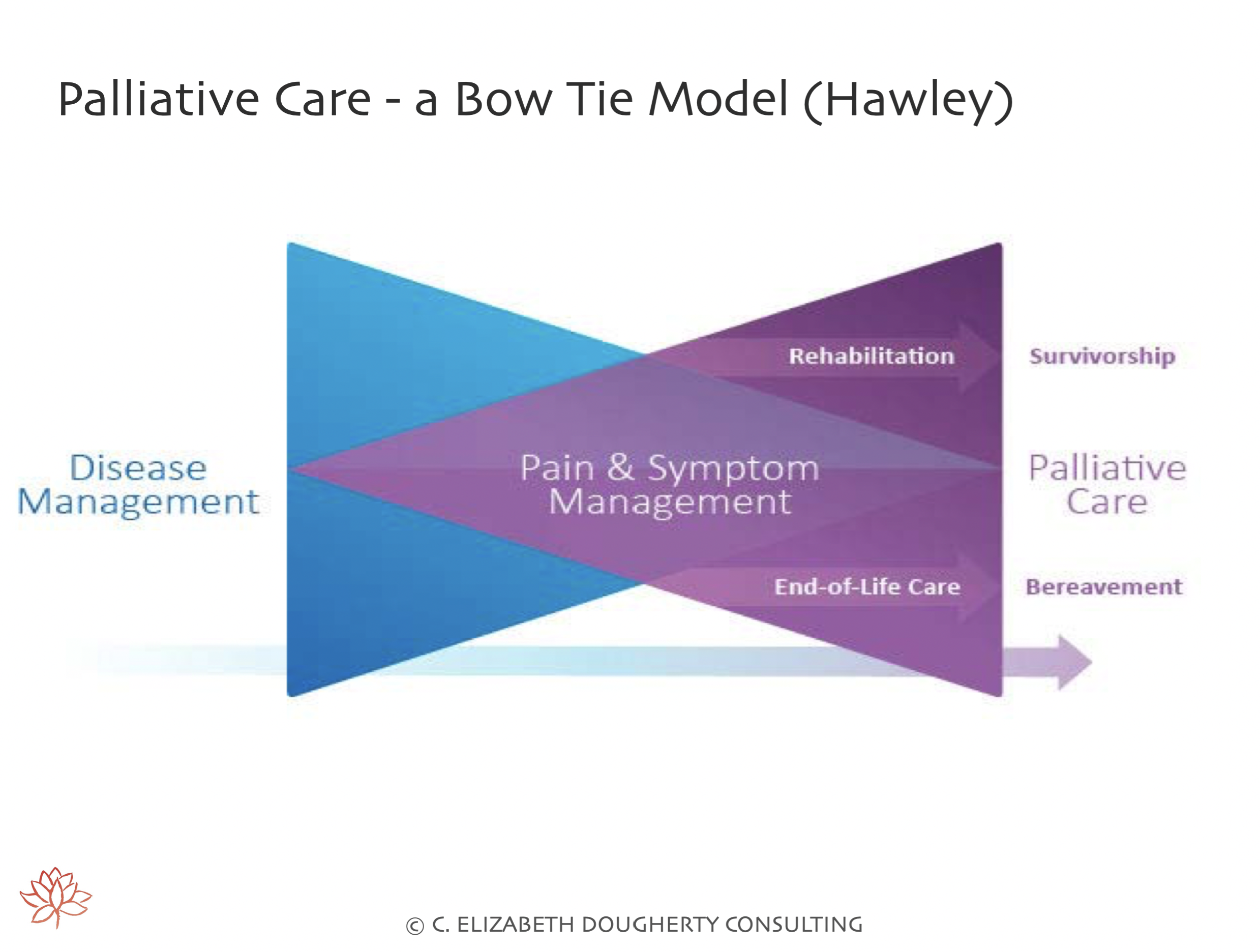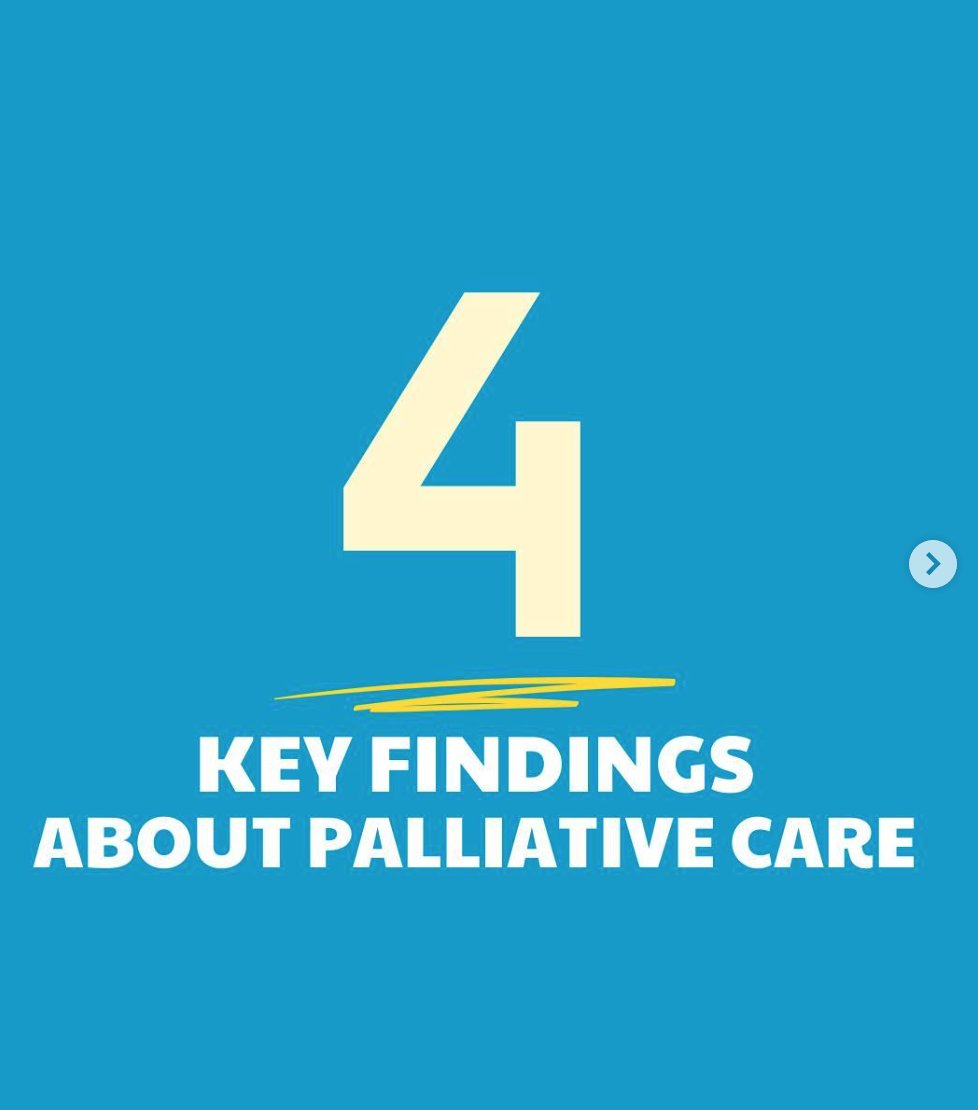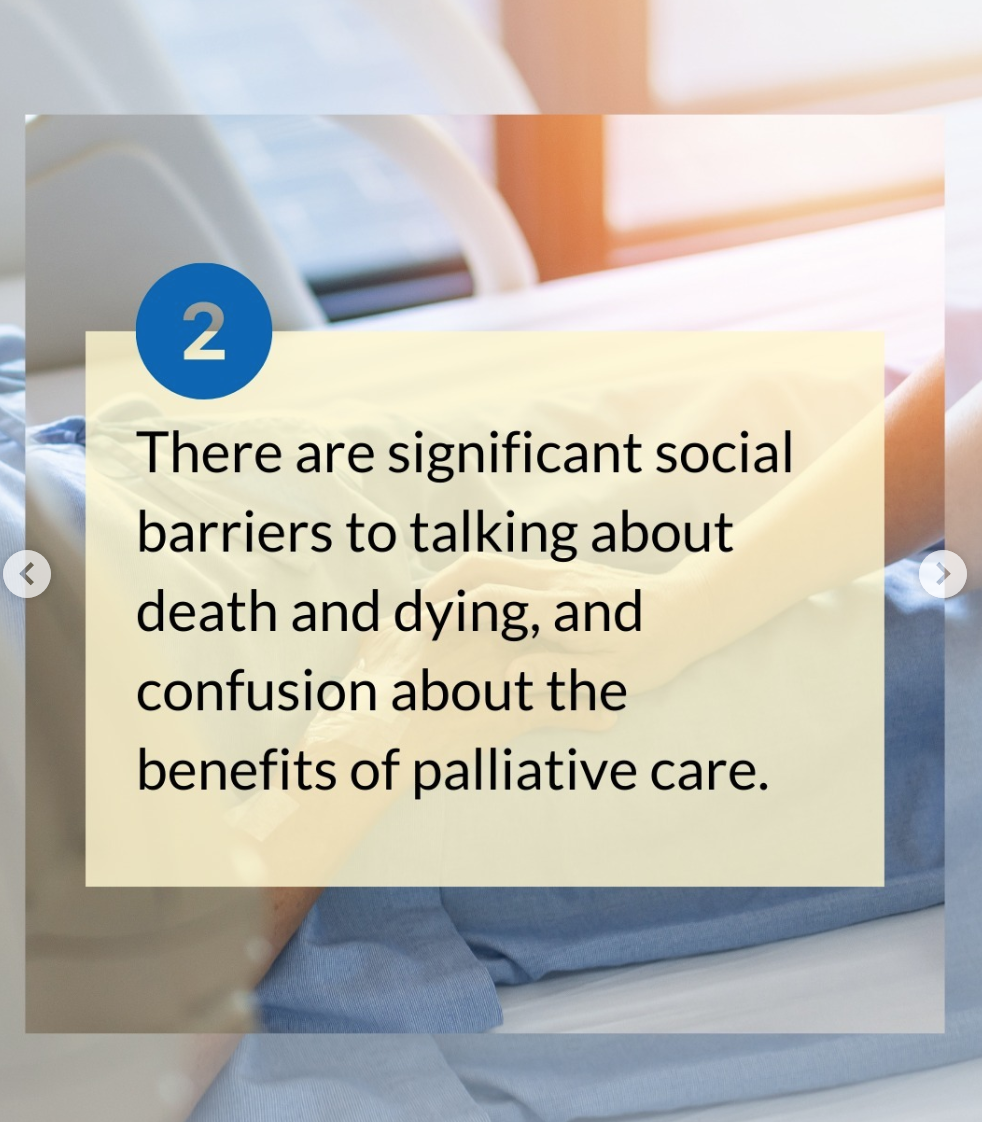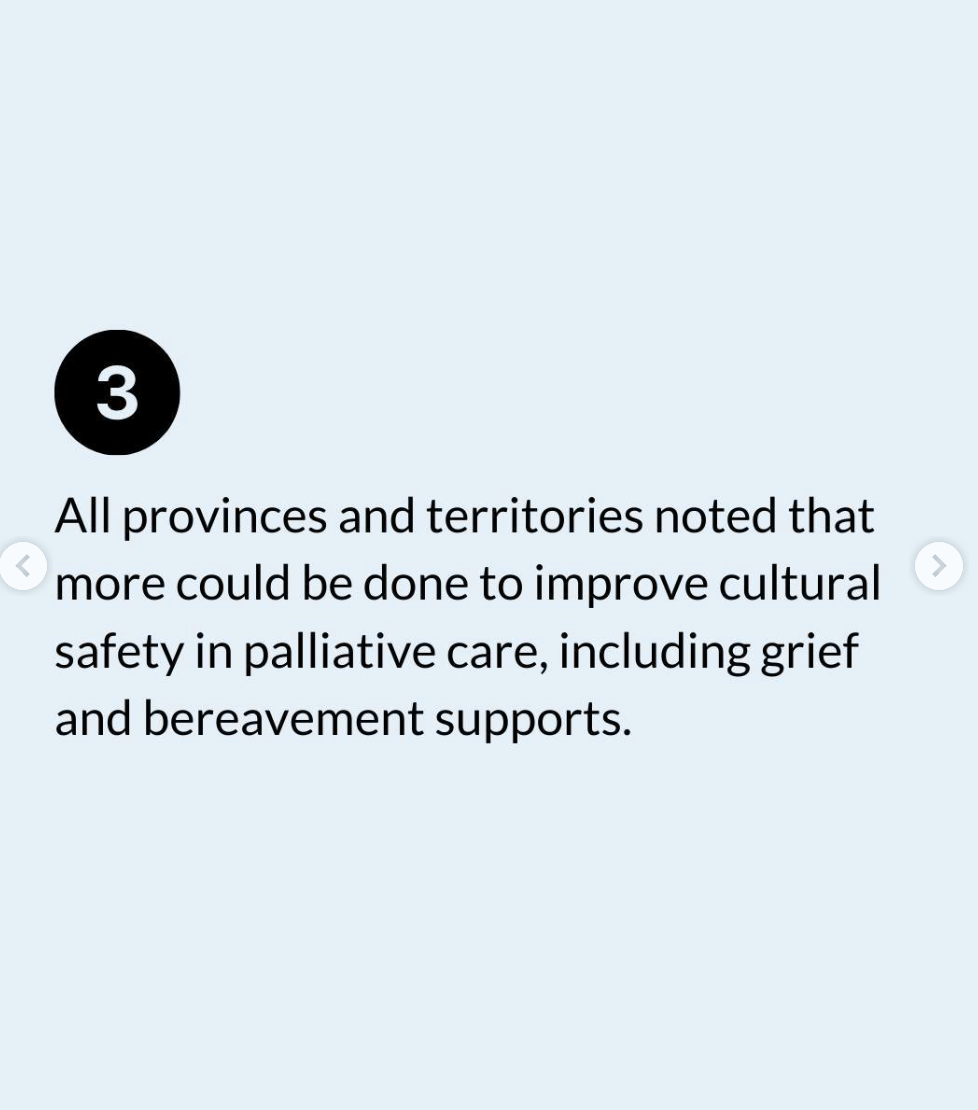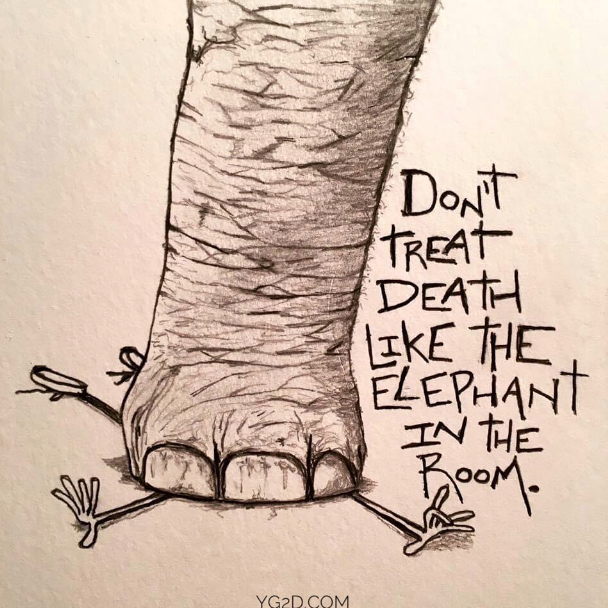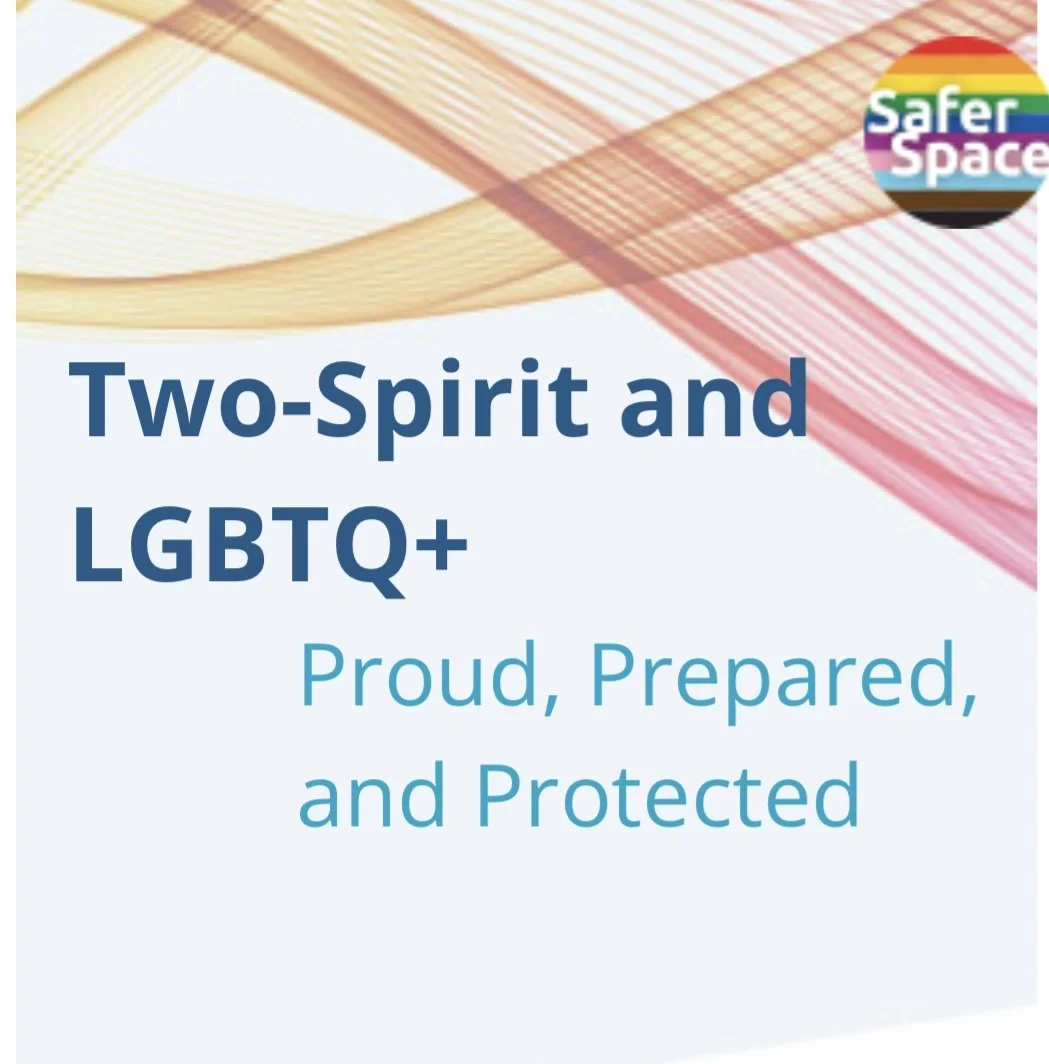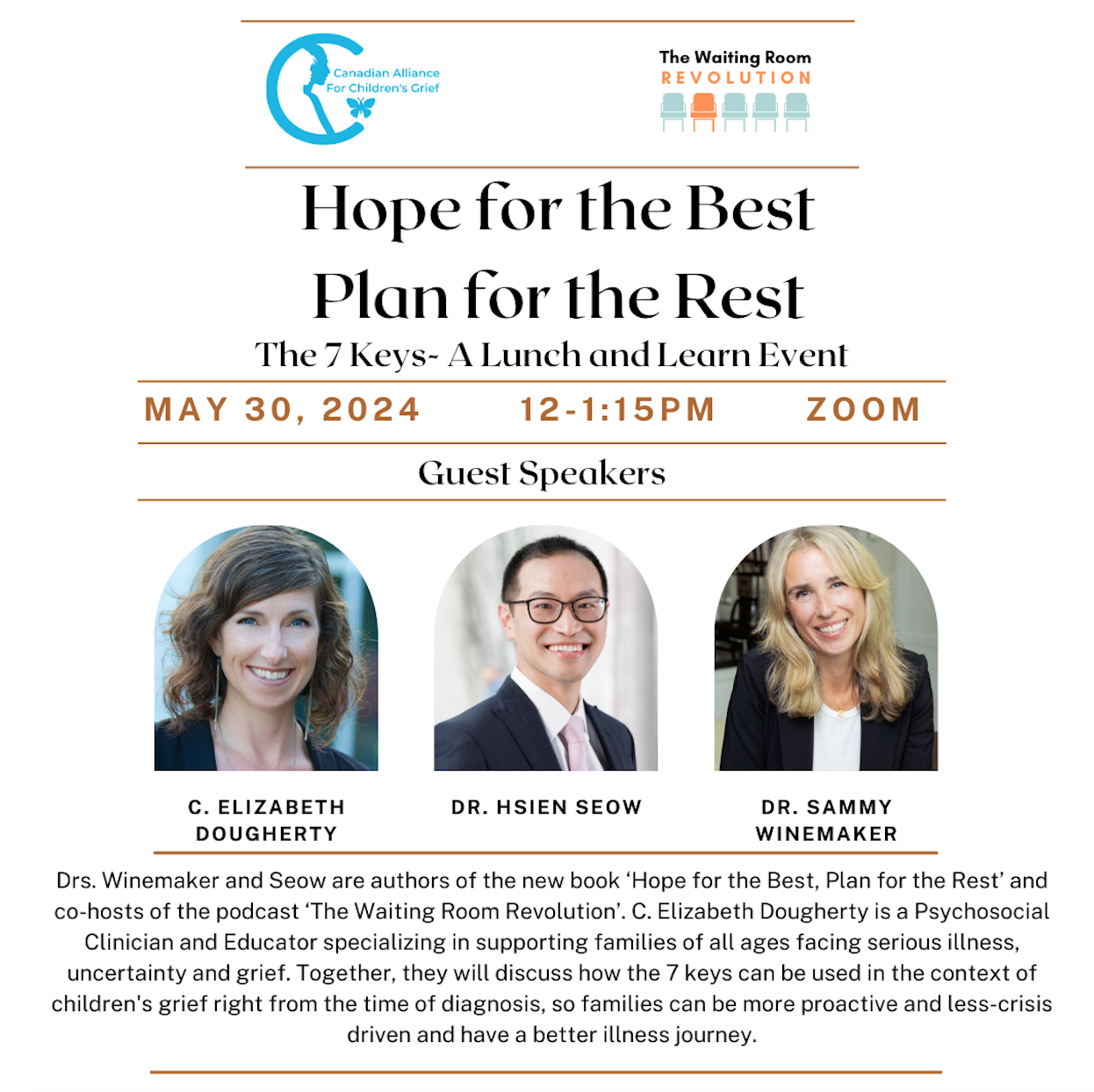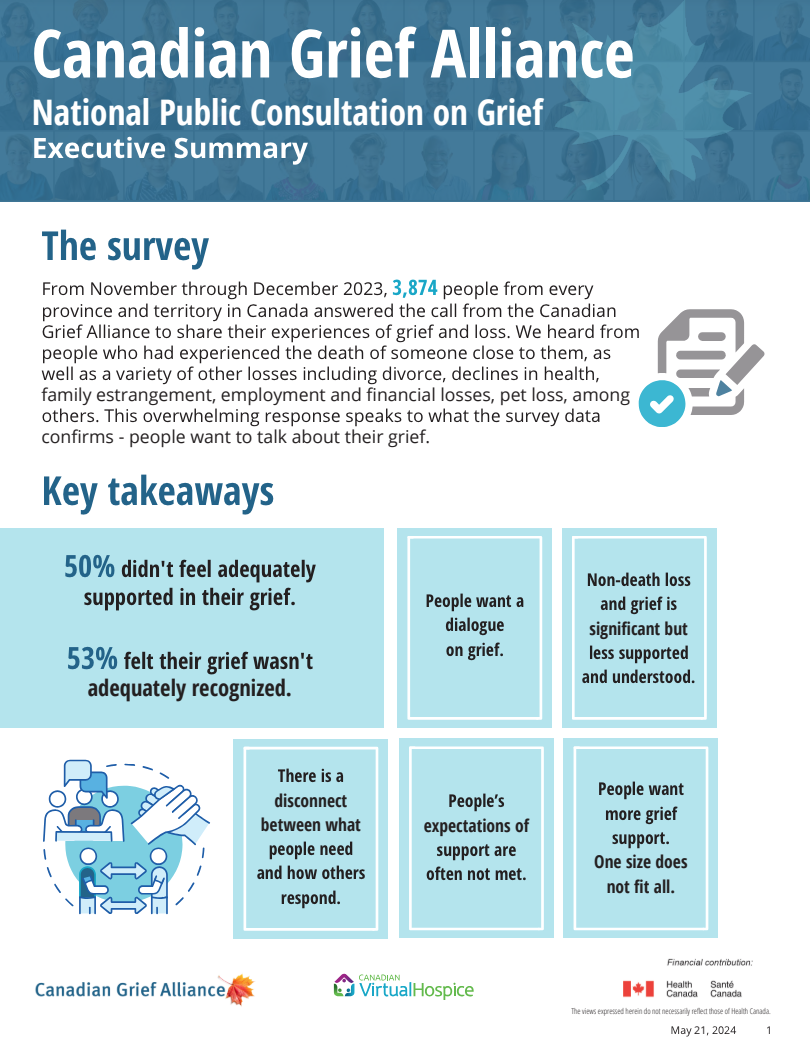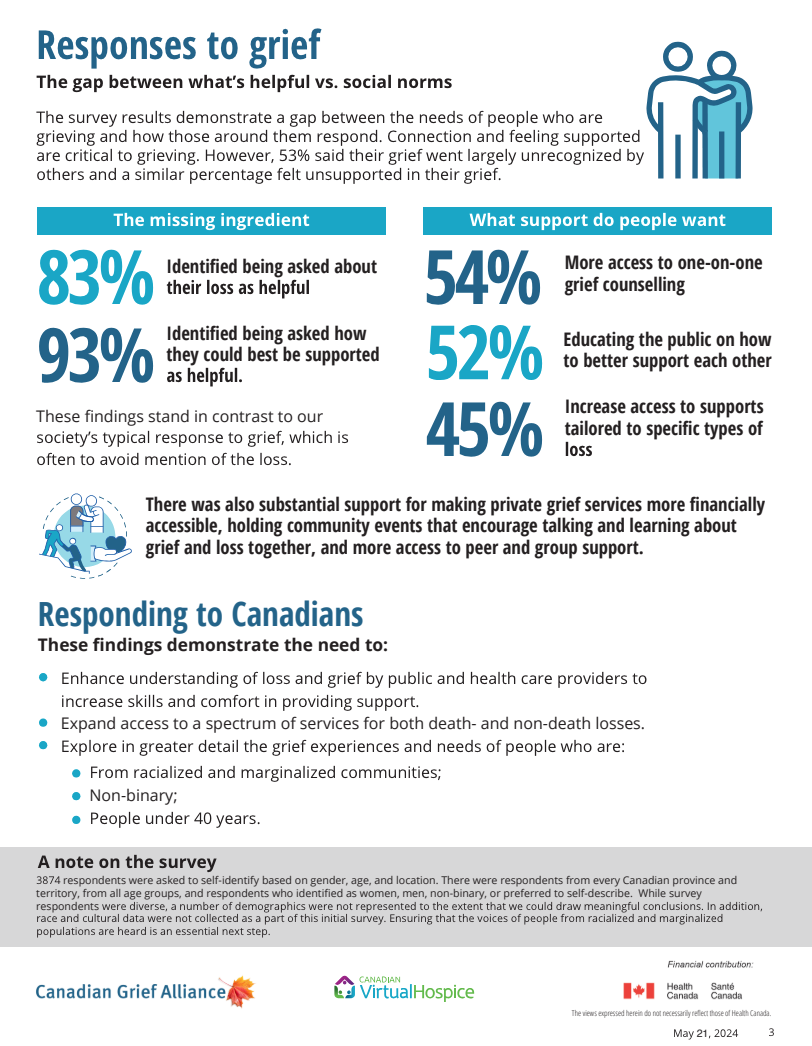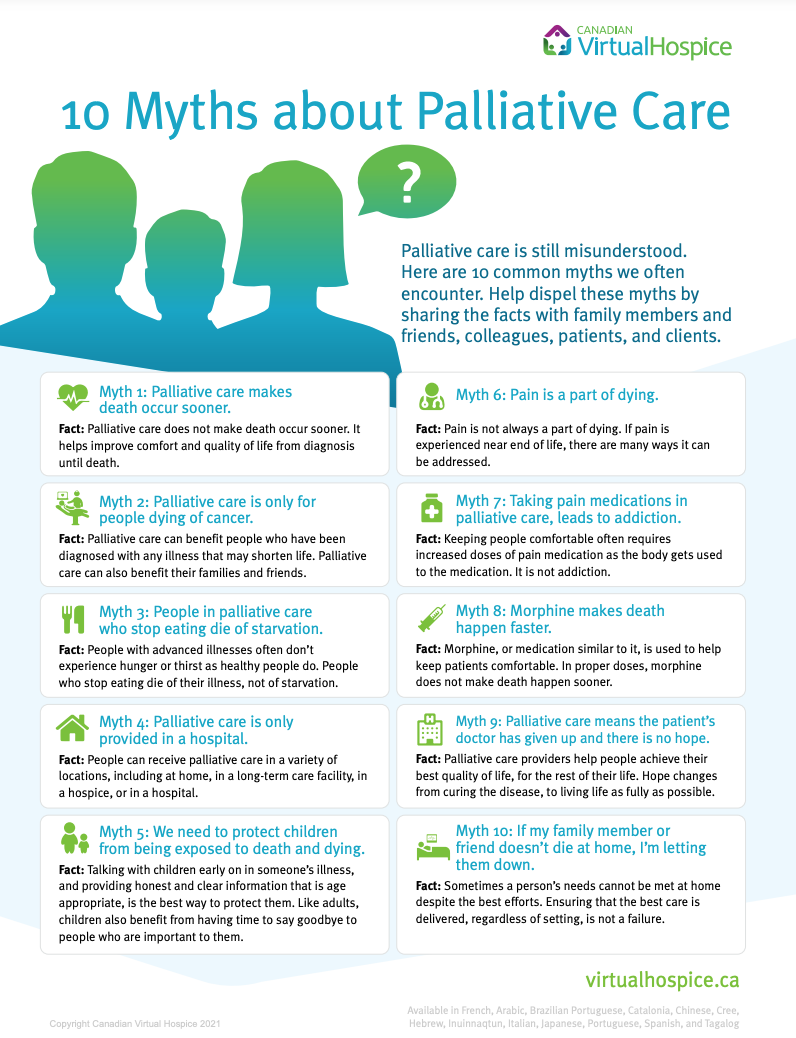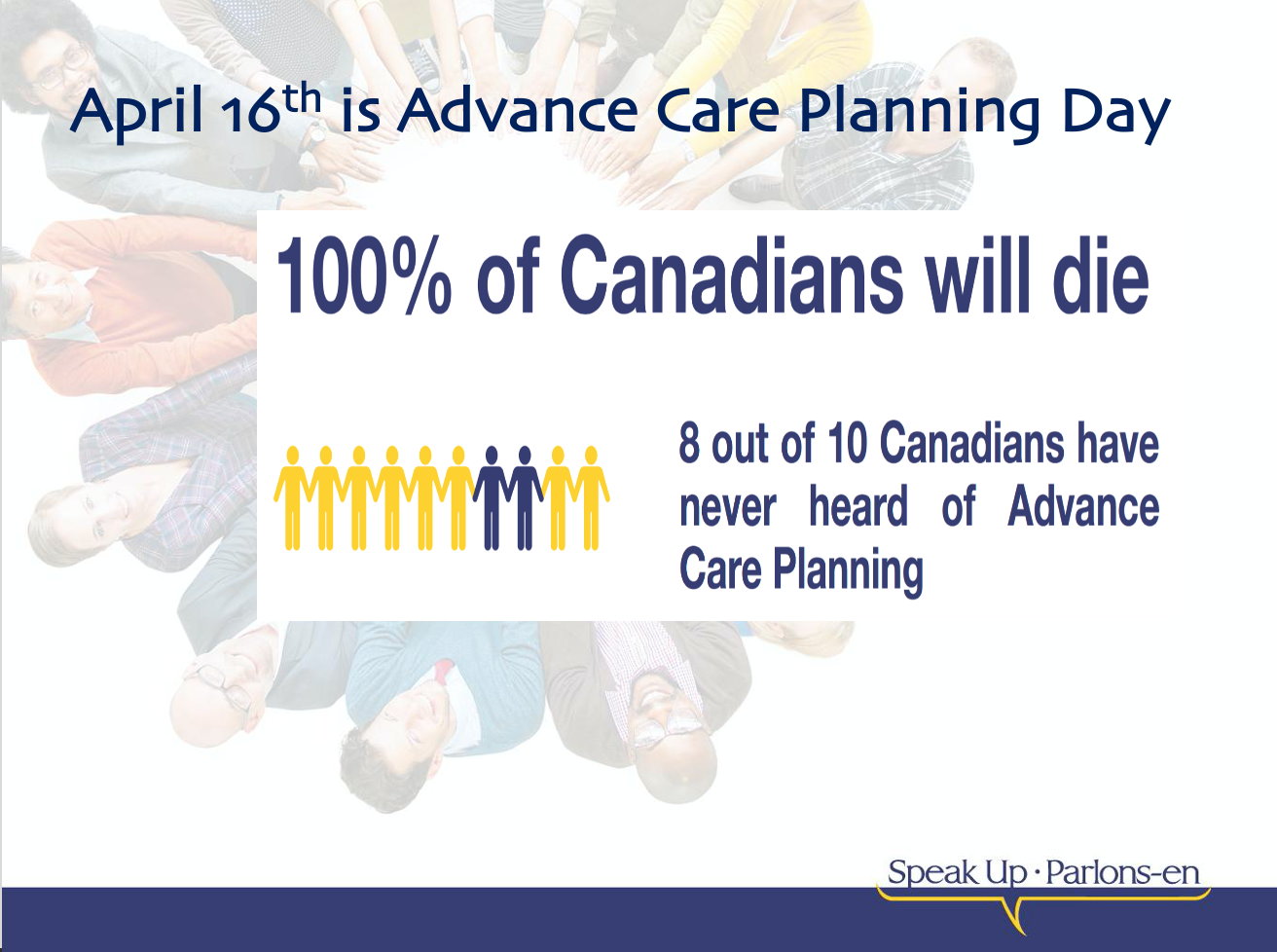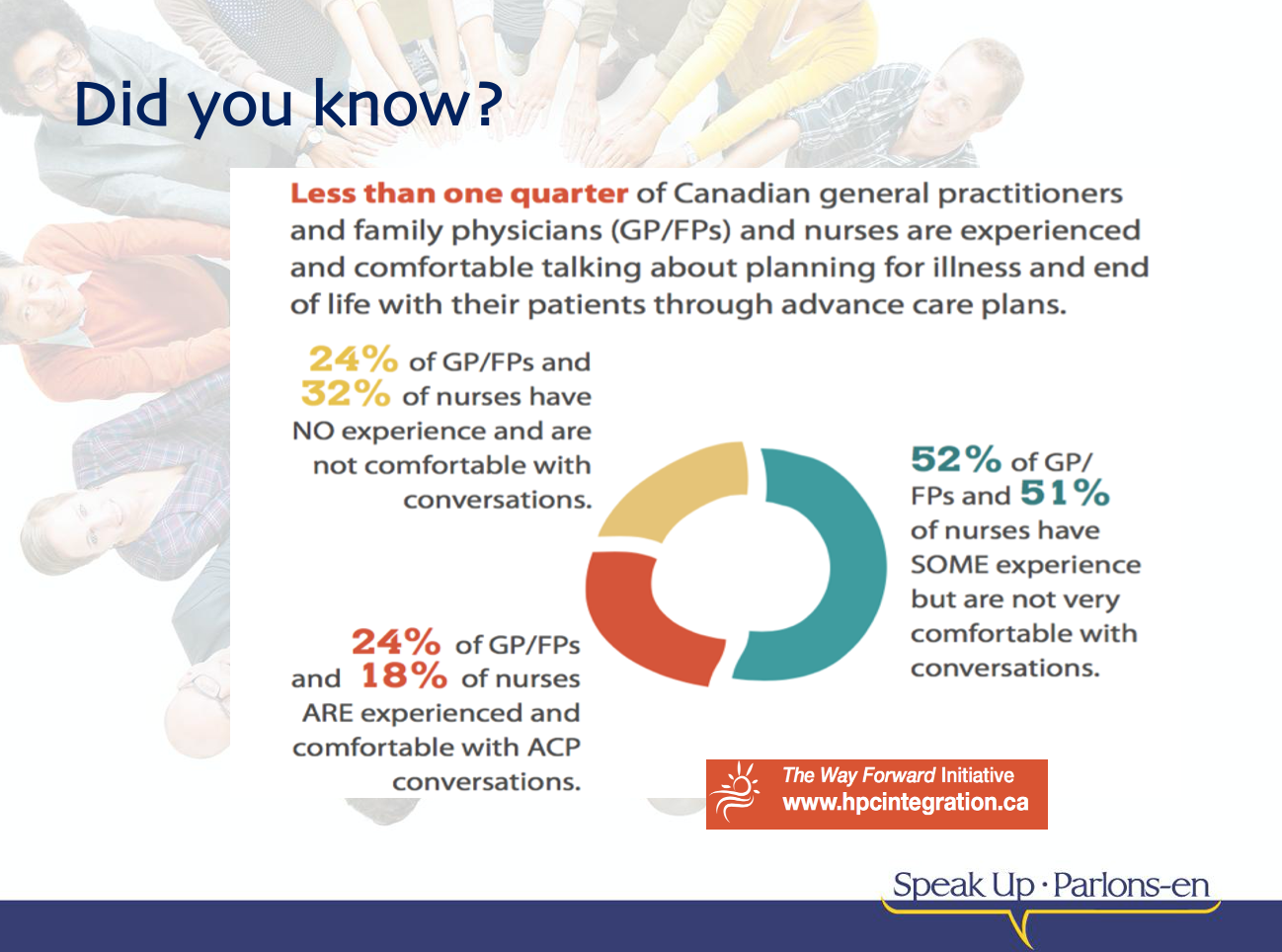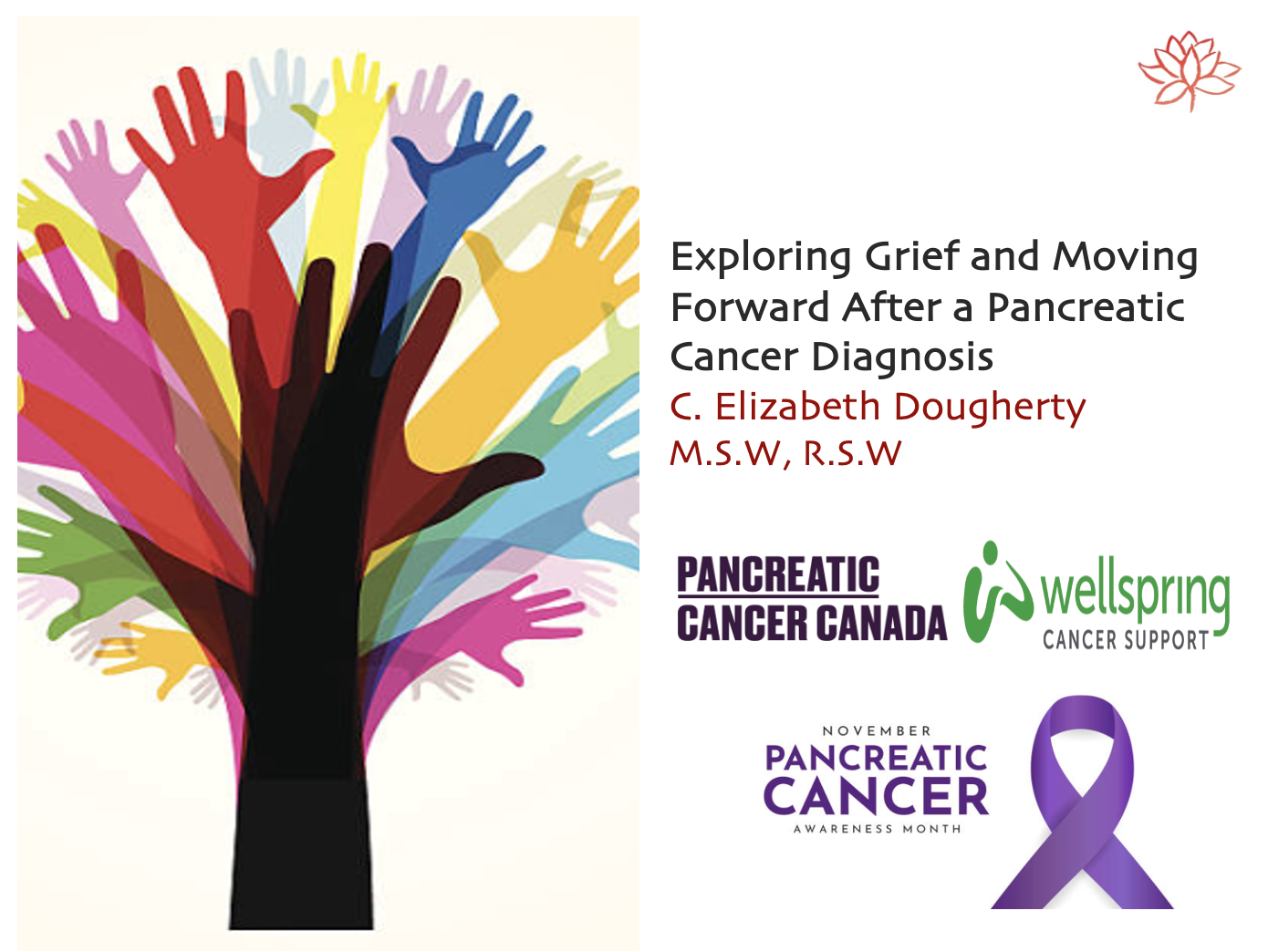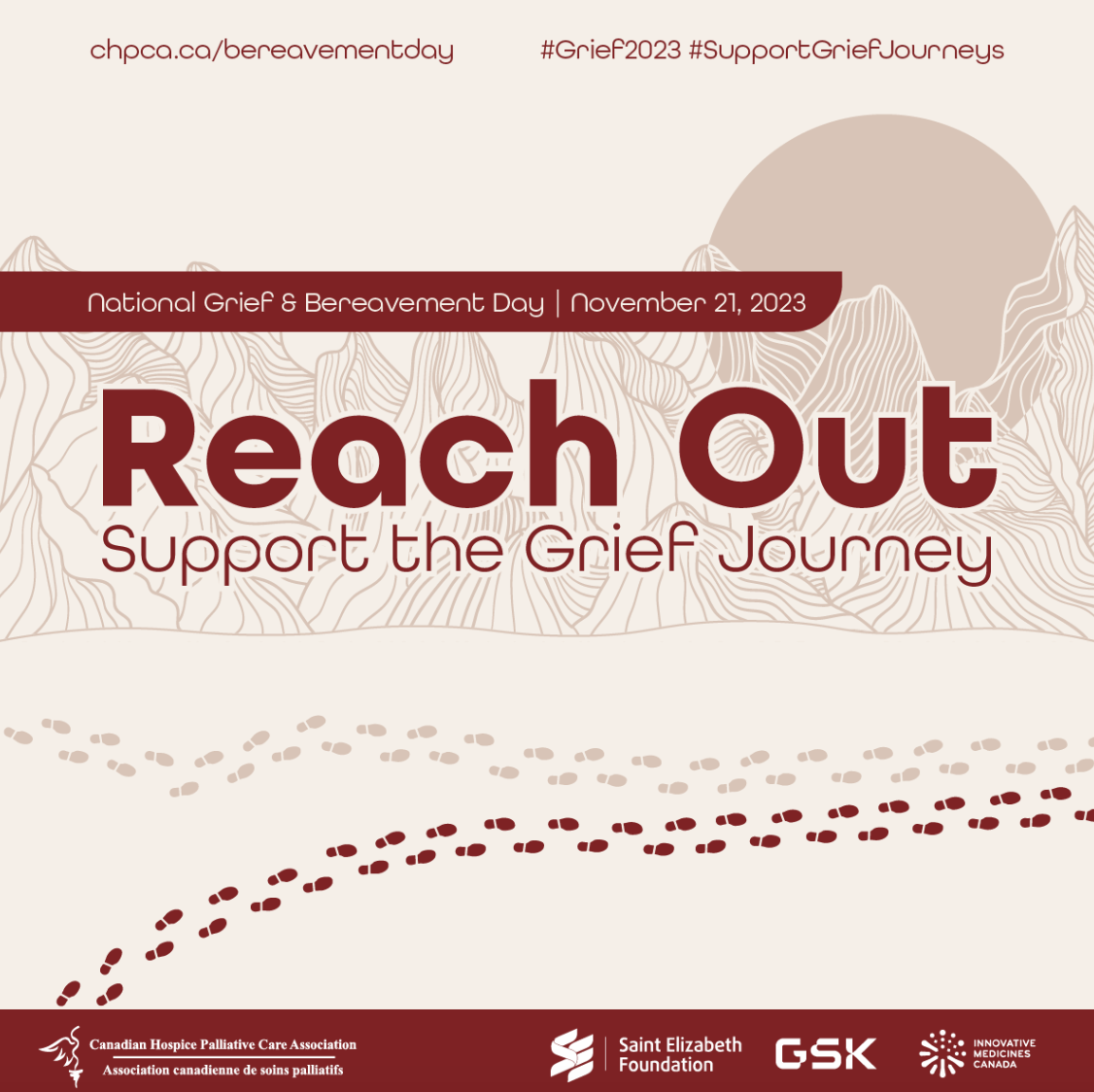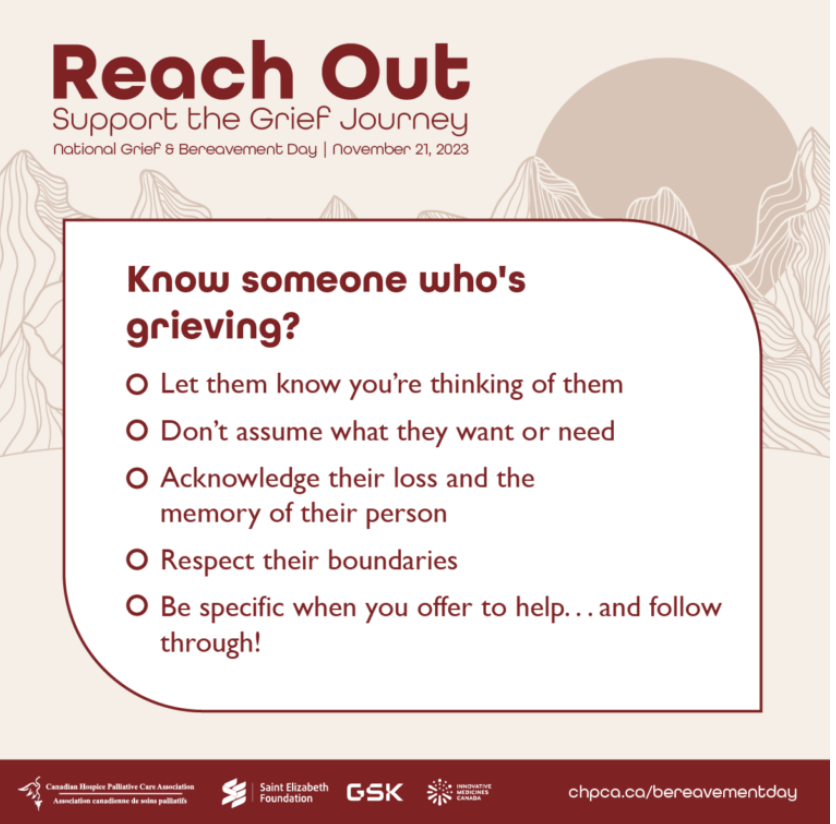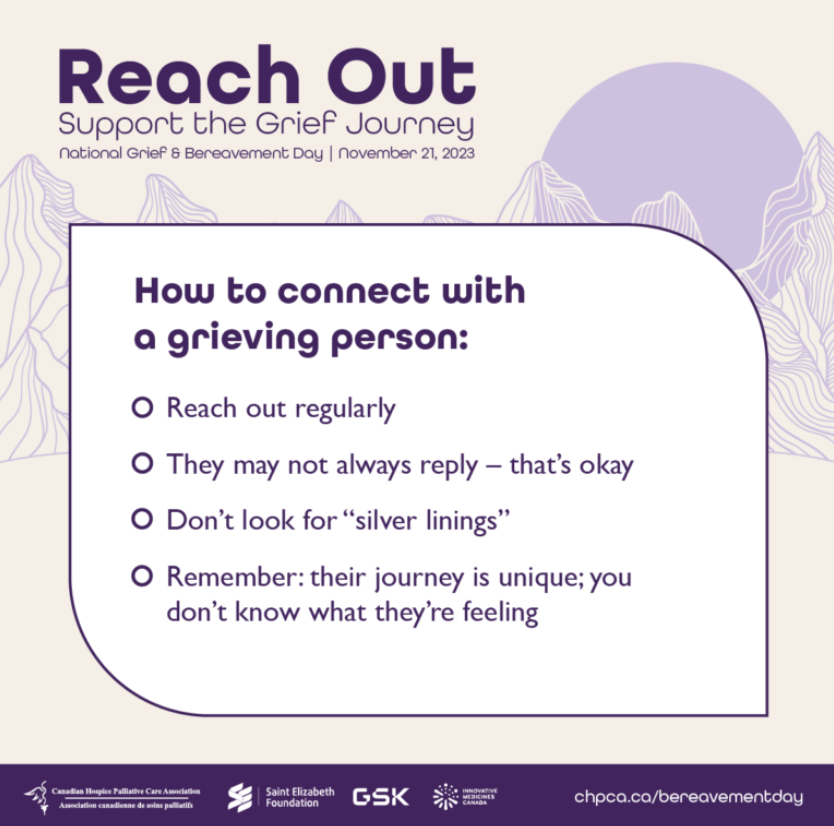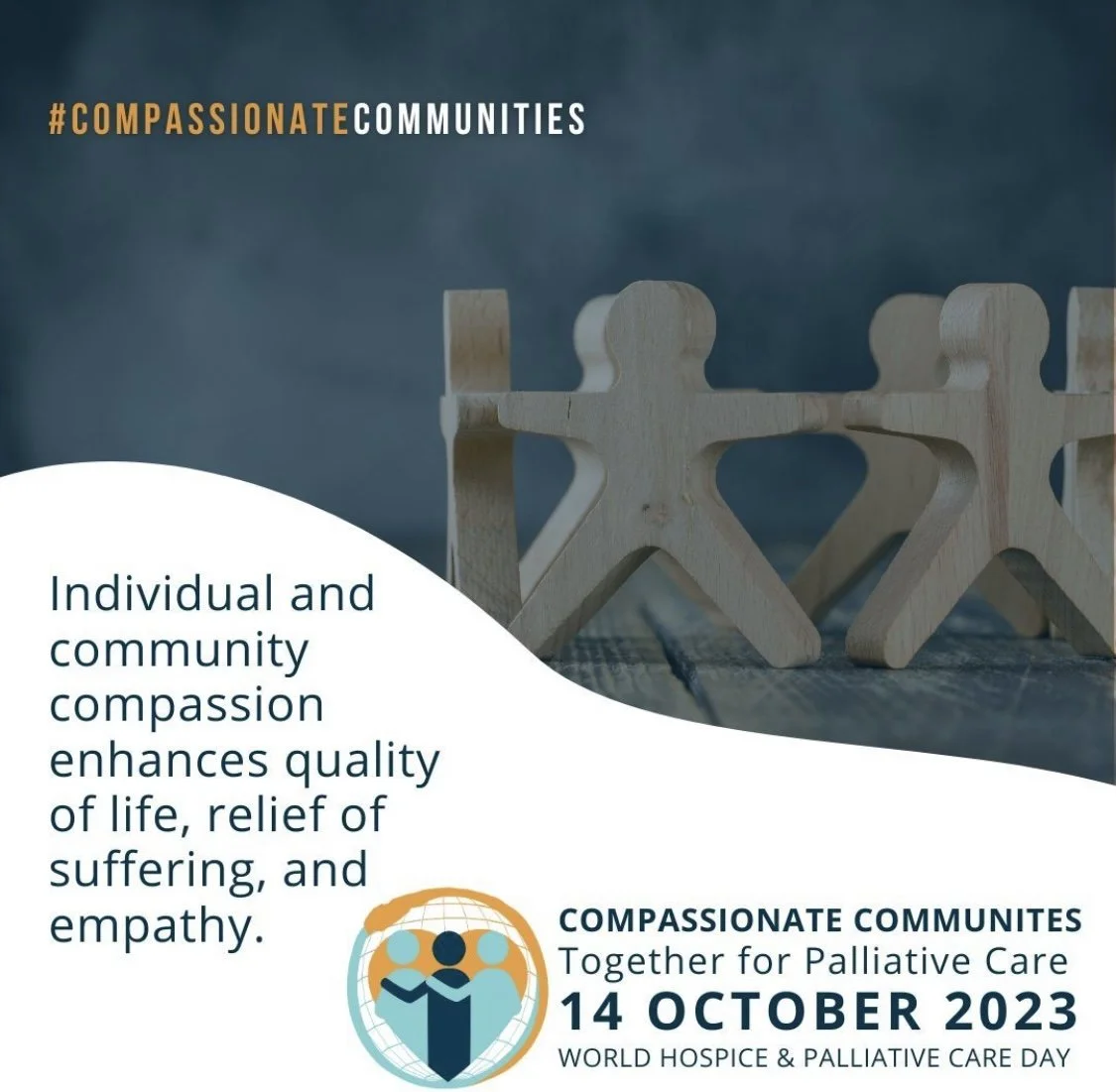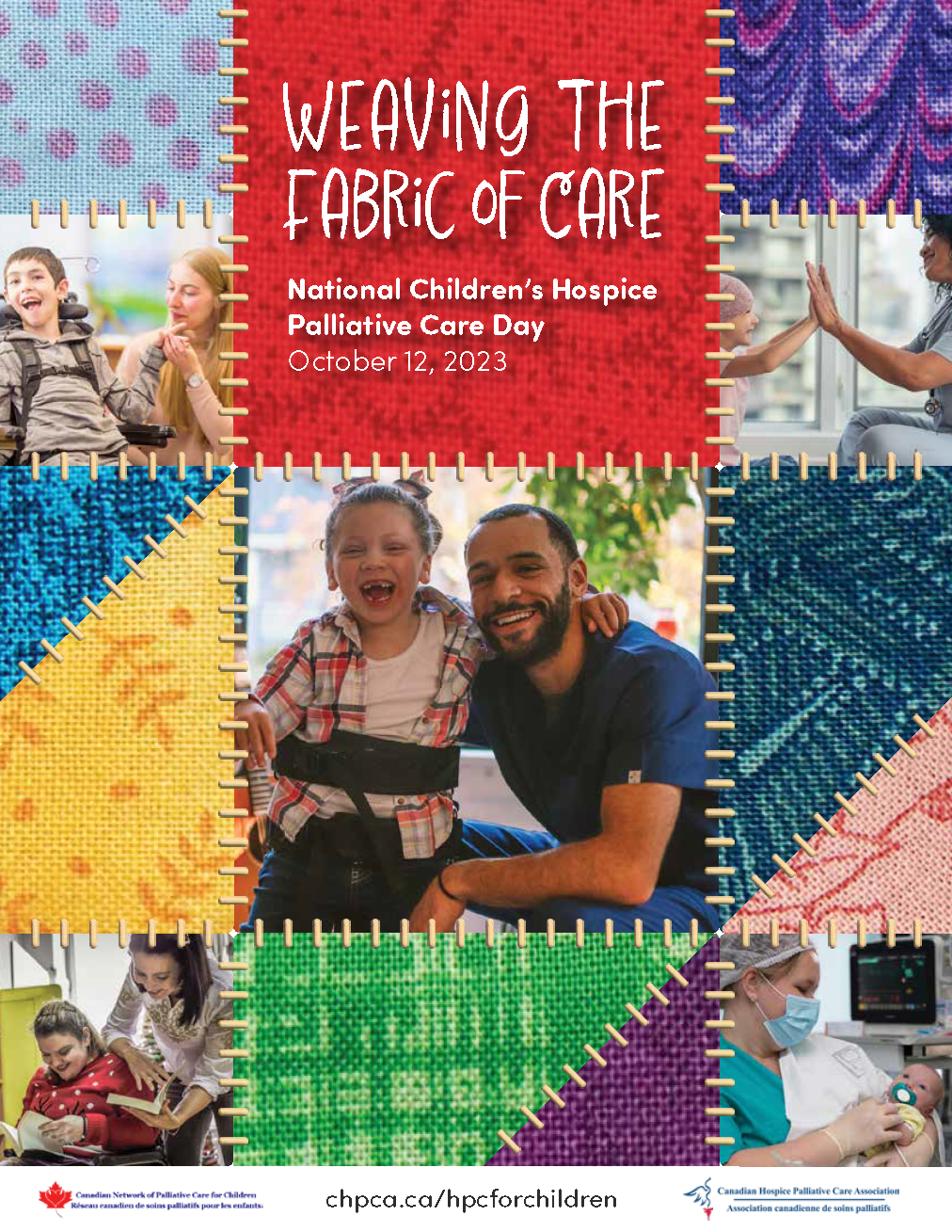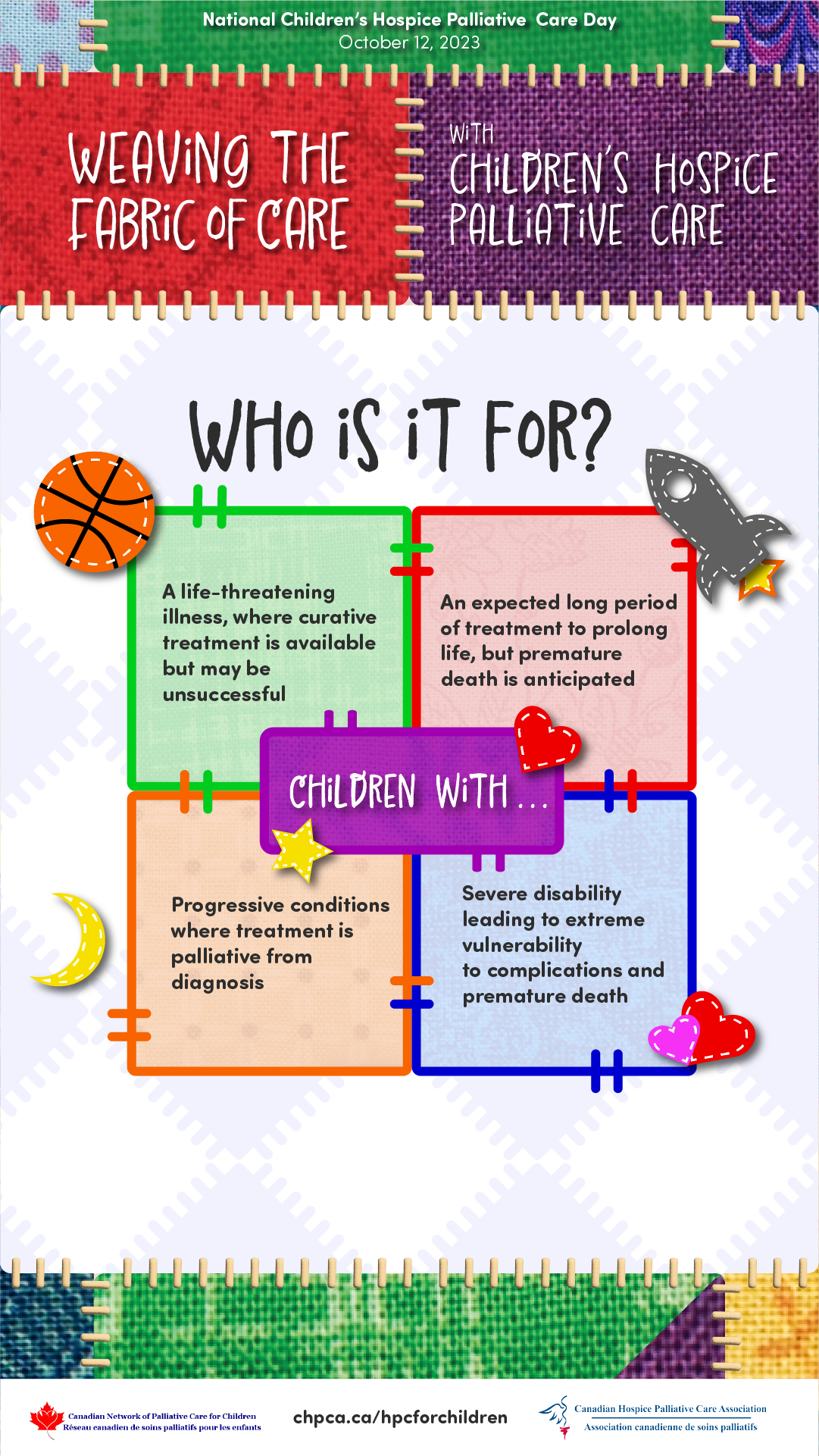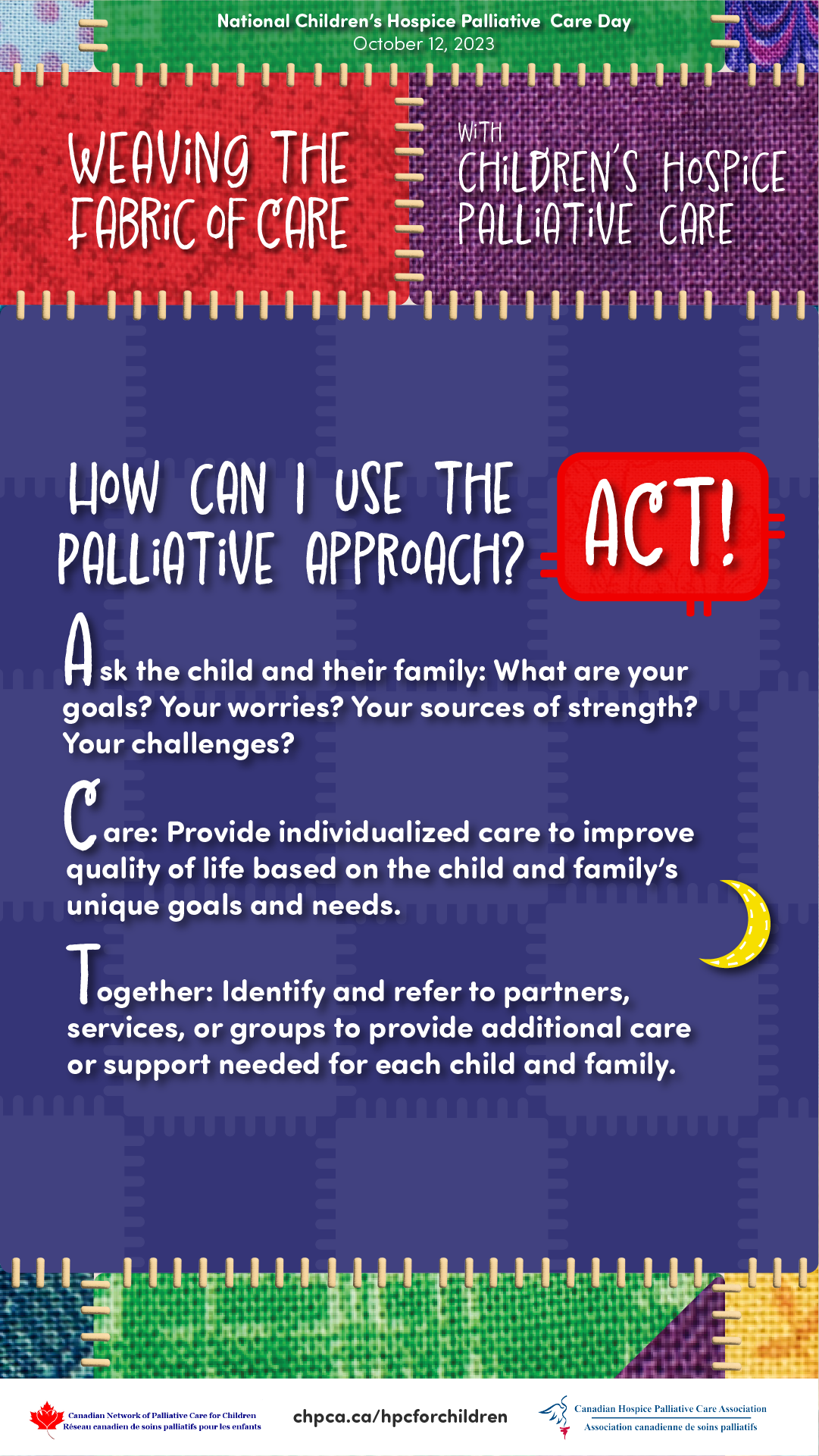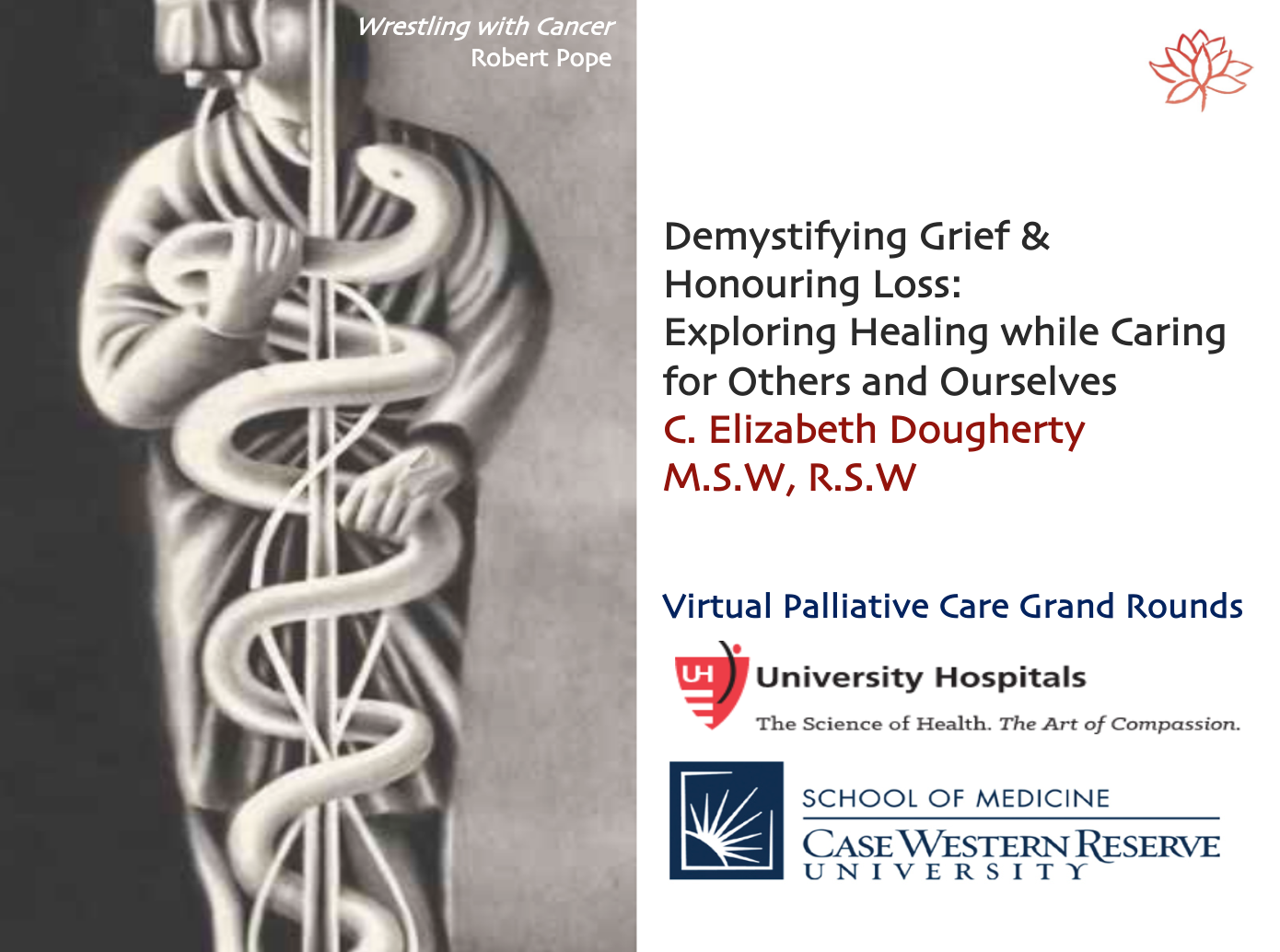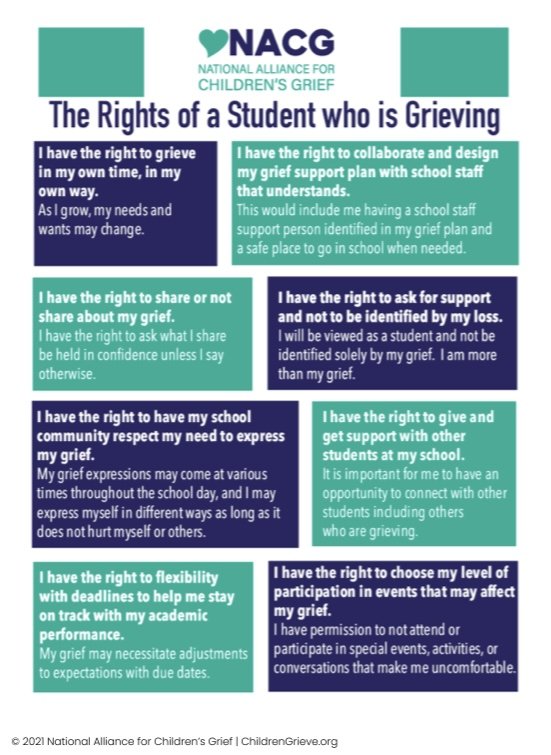Children's Grief Awareness Day is observed on the third Thursday in November. This time of year is a particularly appropriate time to support grieving children and youth as the holiday season is often an especially difficult time after a death.
Children's Grief Awareness Day brings attention to the fact that support can make all the difference in the life of a grieving child or teen. It provides an opportunity to raise awareness of the painful impact that the death of a loved one, with an opportunity to make sure that grieving children and teens receive support they need.
Children and youth who have experienced the death of someone important to them often feel isolated, like their struggles are invisible to those around them. Grieving children and teens need advocates and allies navigating supportive ways to move forward. Every school and community has children and teens who have experienced loss. Children’s Grief Awareness Day is about recognizing that no young person should have to navigate grief alone.
We raise awareness so that people will understand that a grieving child or teen can't just "get over it”, not in any set time period, not by any act of their own will - and that there's no reason they should just "get over it. We can ensure children and youth feel seen, heard, and understood with the right tools, compassion and support.
Source: Children's Grief Awareness Day

